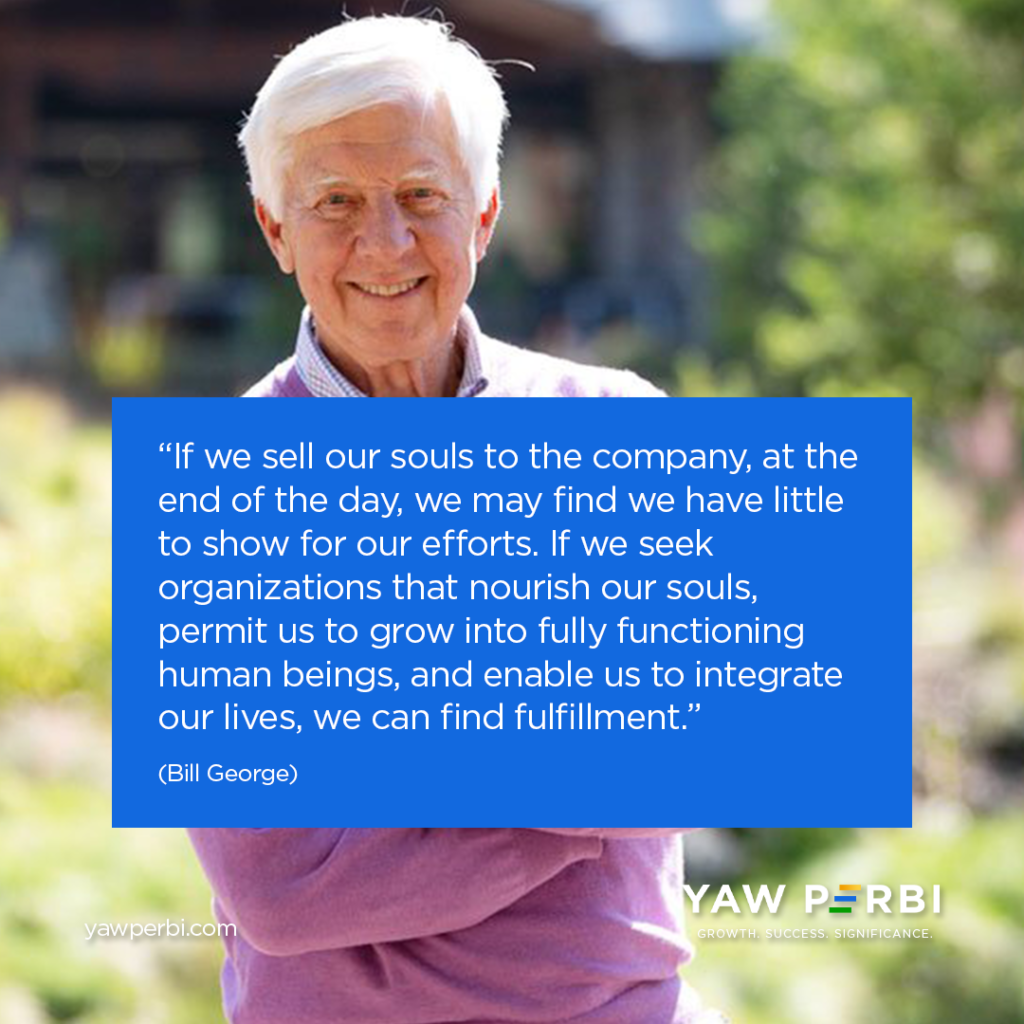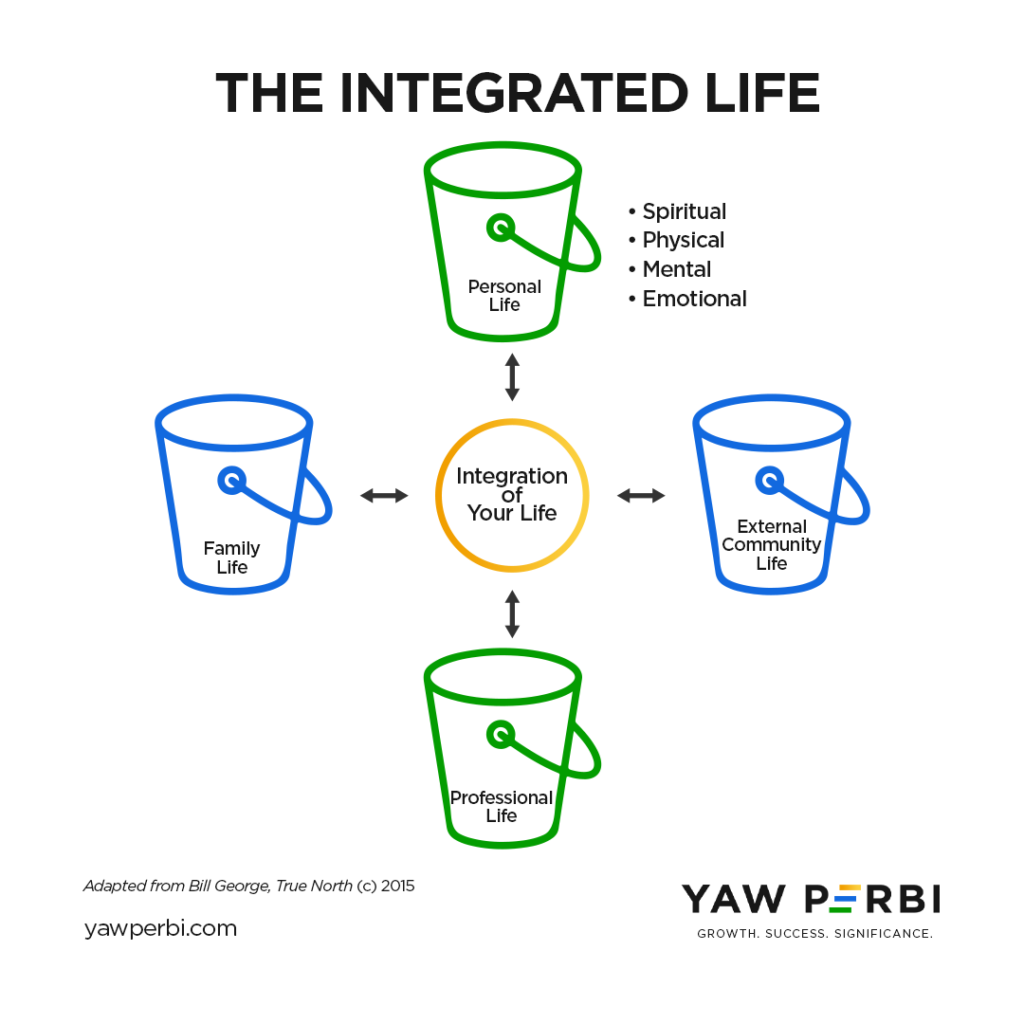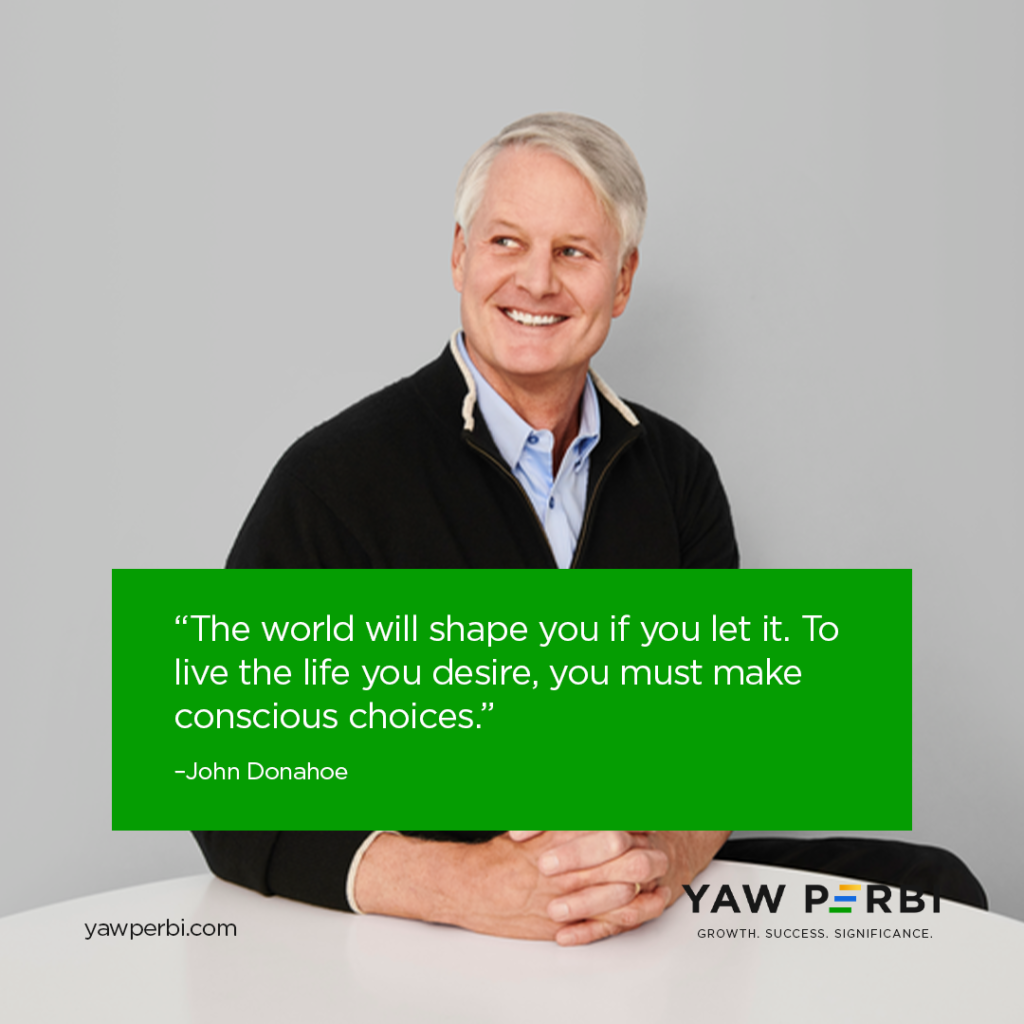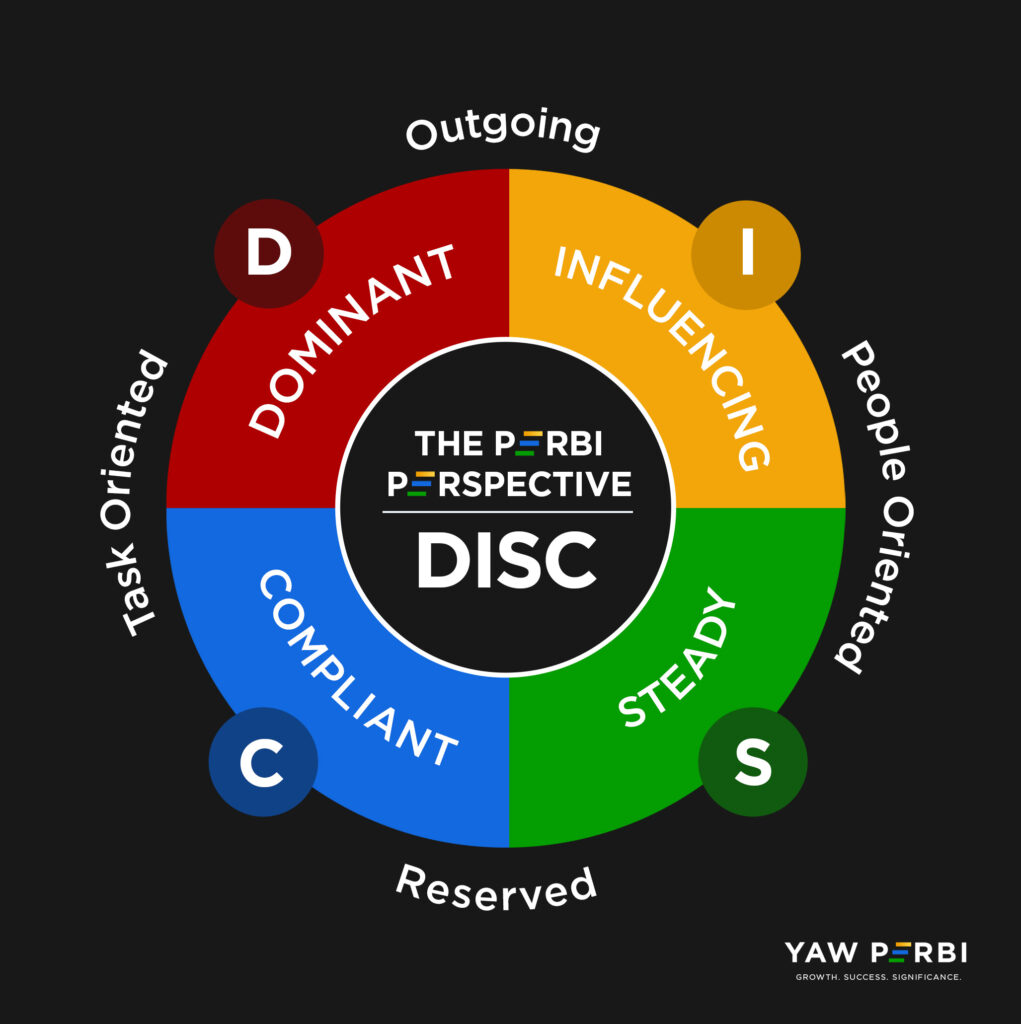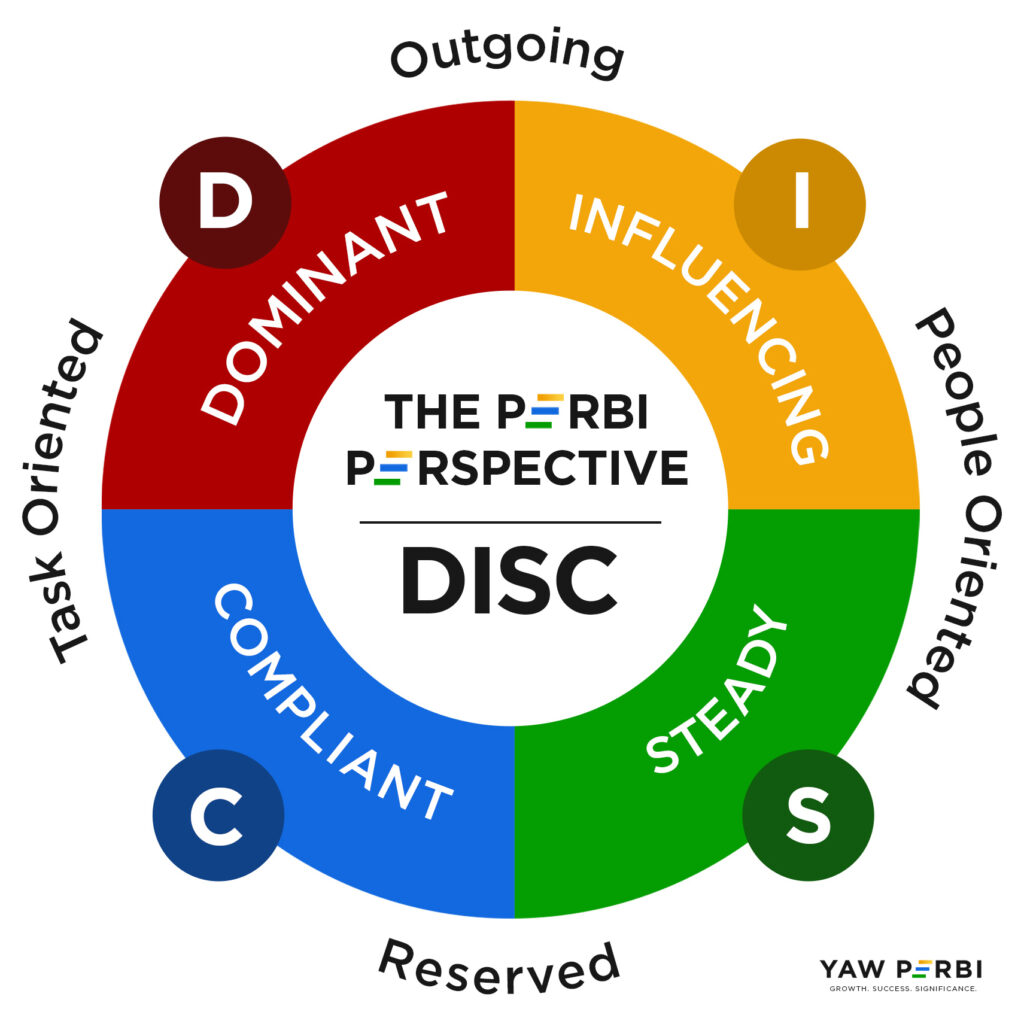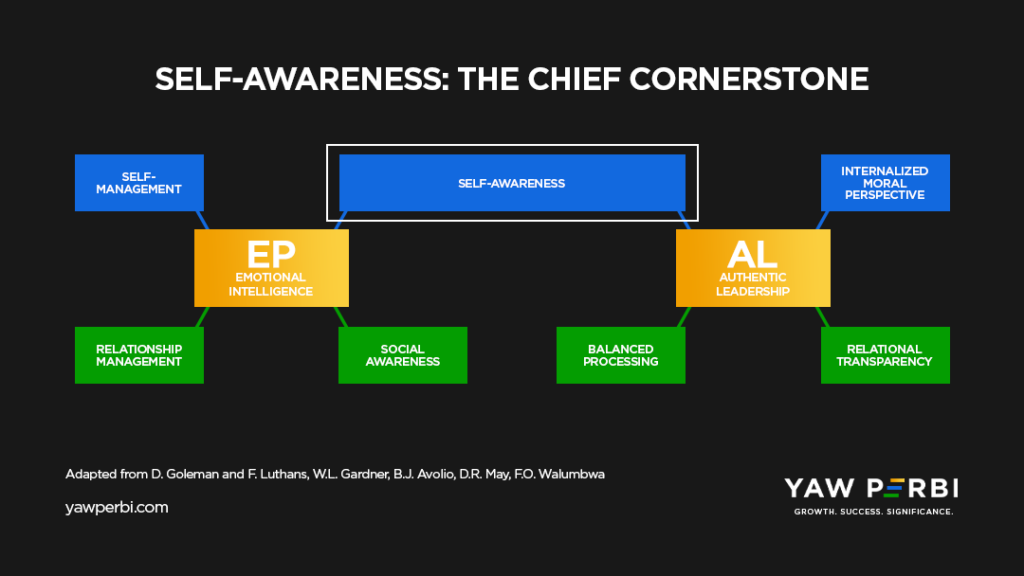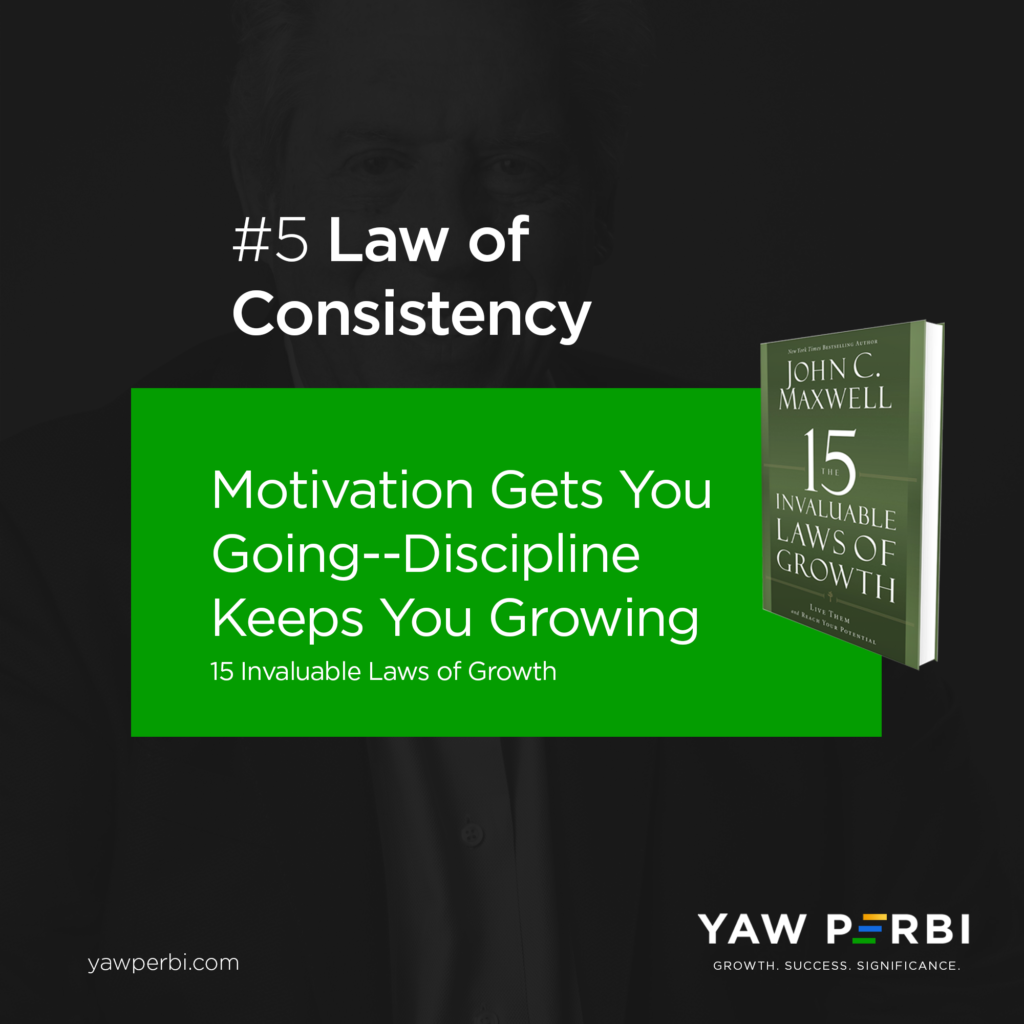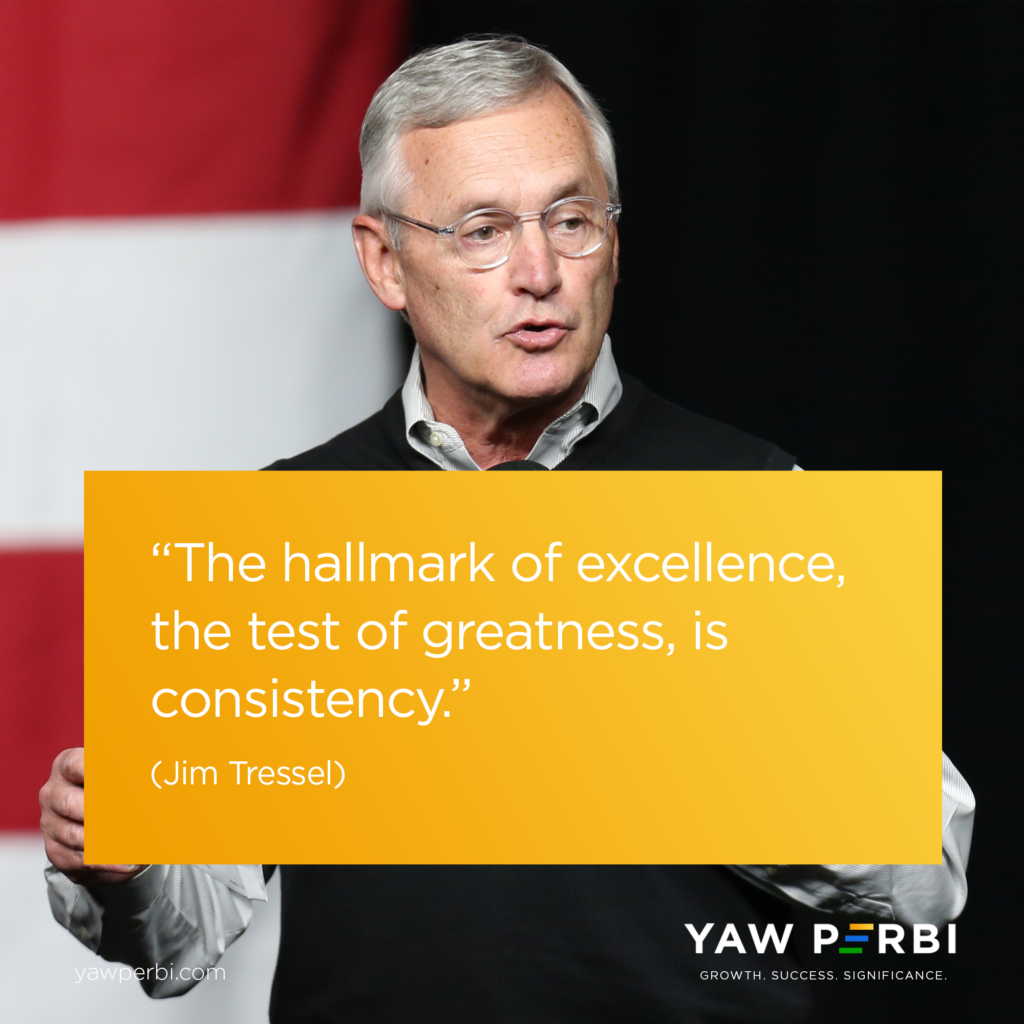
Inspiring Practical Examples of the Integrated Life

Dinner with the organizing team of an annual conference in Halifax, Nova Scotia (Canada) at which I was a plenary speaker. If you look closely at the back left you will find my then seven-year old son and I. We did the 2,500km trip by road together.
After my last blog on Why I strive for work-life integration and not work/life balance, some got it and said, “important distinction.” Others thought it was just semantics, just a different choice of words but saying the same thing. I beg to differ.
Here’s another attempt to distinguish one from the other: work/life balance (apart from seeming to pit work against life) is the attempt to distribute time, energy and other resources equitably to all four buckets of life to ‘tick all the boxes’. On the other hand, work-life integration is radically different because it harnesses the power of all four buckets, making other buckets better by the power of other buckets. And it is living in such a way that one doesn’t have to hide the other buckets (say, on LinkedIn), pretend they don’t exist or be different things to different people in the different buckets. I’m quite certain a few poignant examples below may make the distinction clearer.
FACEBOOK AND FAMILY
Who doesn’t know about FaceBook and its 2.7 billion users. That number is the combined population of China and India, the two most populous nations in the world. 2.7 billion is more than twice the population of the entire continent of Africa! I was fascinated to learn that as founder/CEO, one of Mark Zuckerberg’s attempt at the integrated life in Facebook’s early days was to host FaceBook strategy sessions at his home on Monday evenings. And for Facebook’s COO Sheryl Sandberg, instead of missing dinner with her family, she would bring her children into the office. Here’s her testimony: “Facebook is incredibly family friendly, so my children were in heaven, entranced by pizza, endless candy, and the huge pile of LEGOs the engineers shared with young visitors. It made me happy my kids got to now my colleagues and vice versa” (George 2015, 173). I don’t know everything about FaceBook’s corporate culture, but these right here are great examples of the integrated life at FaceBook.
I’m proud of Databank in Ghana that has created a nursery in the workplace for nursing mothers as well as a quiet time room for staff to go and nourish their spiritual lives, especially after rushing from home at dawn in order to beat the crazy Accra traffic. These are laudable examples of the integrated life in corporate circles.
PERBI PRIDE
I love lions. I call my children cubs; not kids, hence we are the Perbi Pride. Last week, I handed over to the next CEO of ISMCanada after being at this role for eight years. One of the things I recalled at the handing over ceremony (and nearly everyone remembered) is how not long after I took the role I travelled almost the entire stretch of Canada (the second widest country on earth!) to get to personally know the staff and listen for the pertinent issues from the ground. What I haven’t told you yet is that as a family we decided to integrate our lives with my new work by making this a fun family trip. We rented a minivan and spent 30 days travelling from Montreal (on the east coast) to Victoria (beyond Vancouver) in the west. It was beautiful to see the different types of Canadian landscape and wildlife. Because our children our homeschooled, such opportunities are precious as ‘all of life is school.’ By the time we got back home we had clocked 13,000km and had enough geography, history, sociology etc. to last a lifetime! That is one of the best examples of the integrated life we’ve ever had as a family. Family did not get in the way of work or vice versa. We made both feed off each other and were the richer for it.
Over the last couple of years, I have adopted a tradition of travelling with one of the older four children. Just one, to make them feel special and have a one-on-one time with daddy. Don’t forget these are work trips for me and fun trips for them. After doing a Philadelphia and Washington DC road trip with our then four-year old she insisted upon returning home that “I’m Daddy’s travel buddy’ much to the chagrin of the others. I’ve been far from perfect in integrating family and work but I knew we were doing something right when my children got so used to the ISMCanada world that one day our then seven-year old son asked, “Will I become president of ISMCanada when I grow up?” Almost as if it were a family inheritance.
I’ve always worked from home over the last 8 years as CEO (or from an airport/airplane)–way before the rest of the world was forced to by the Covid-19 pandemic. Working from home and homing from work has its pros and cons but it certainly has helped more than harmed my work-life integration.
IMPACTING THE WORLD FROM WITHIN–‘AN INSIDE JOB’
In an article posted on the Harvard Business Review, author Stew Friedman rightly said that the most impactful leaders find ways “to integrate the different parts of their lives to reinforce and enhance each other.” Everywhere he looked he found successful individuals who used who they were as a person to influence how and why they worked. From Facebook COO Sheryl Sandberg (as I already shared above) through Michelle Obama to rock icon Bruce Springsteen, many influential people channel what made them a powerful person into creating a powerful product, service or project.
Take Michelle Obama, the 44th First Lady of the United States, for example. Michelle considers her daughters to be her first priority, even if this stance vexes those who would have her do more in seeking broader political and cultural change. However as Friedman rightly observes, in making sure her own children were receiving the most nutritious food possible, she began to advocate for better nutrition through the national initiative Let’s Move!. Her policies have won national and global acclaim.
One of the most impactful social enterprises in Ghana right now is the PerbiCubs Library Services, reaching 2,000 children in 200 schools. It might interest you to know that this did not start out as some mega altruistic attempt to ‘change the world’ through getting every child reading but out of our own family’s need for good, well-curated, reading level-appropriate books upon a long stay in Ghana. Whether it’s the Obamas or the Perbis, we’re running this for ourselves–we only get to scale and share with the rest of the world. If nobody signed on, we would still do it. It’s not just a job ‘out there’, it’s an ‘inside job,’ so-to-speak.
RUNNING MY FAMILY LIKE A CORPORATION
I’ve had partners complain about how their spouse is great at XYZ in the corporate world but doesn’t show even an iota of that competence or skill at home. There are those who might argue that they use ‘all of it’ out there and just want to chill and relax when they get home. While that might make some degree of sense, is it not inauthentic that who we are out there is different from who are at home? If you really believe in the power of vision and mission statements and values in your corporate world, for example, how come you haven’t couched one for your own family?
I’m learning to run my family like a corporation, in the sense of applying the things that have made organizations I’ve run succeed. Why not? Wherever two or three come together, you have an organization! I’m sure you can relate to how some of the most treasured members of your community, say church, actually are so because they bring their corporate skills to bear on the communal organization? On the flip side, I’ve also been the beneficiary of running businesses like family and seeing co-workers go over and beyond their job description and their contractual call of duty. The integrated life is the way to go.
CHOOSE INTEGRATION TODAY
“When you give your whole self to the moment, you not only benefit personally, but it dramatically impacts your business as well.” So says my mentor Bill George. The work-rest of life thing doesn’t have to be a zero sum game. Bill is right about how “Many leaders are reluctant to combine their work and family lives, but bringing the two together can lead to more productive and fulfilling lives, both personally and professionally” (173). I have seen and testify that it takes being open-minded about this work-life integration notion, hard work, creativity, experimentation, patience, much discomfort and many failures to make it work but when it does, it really does.
References
Friedman, Stewart D. 2014. “What Successful Work and Life Integration Looks Like.” Harvard Business Review. October 07, 2014.
George, Bill. 2015. Discover your True North. Hoboken, NJ: John Wiley & Sons.

Why I Strive for Work-Life Integration and not Work/Life Balance
Even as a boy, I felt there was something not quite right about hardly knowing my dad’s fellow partners and their families at the ‘big four’ accounting firm he worked at. Of course I knew a couple of the names and faces but that was about it. I felt they could organize some social events and such to intentionally bring their families together but hey, what did I know?
In fact, even now I wouldn’t be able to make out the wife of the senior partner when dad was deputy senior partner. The very kind, burly man’s children currently live barely five hours away from my family in the same country (Canada) but we don’t know each other well enough to even give the other an occasional ring. Oh wait, I got to talk to one of them once, when their dad was seriously ill and had been hospitalized in their town, but that’s been about it.
I think what I longed for, even as a boy, was a bit more of work-life integration, without even knowing that was actually ‘a thing’ or that such a term even existed. A feeble attempt at it has become largely known in the corporate space in recent times as “work/life balance” but what I speak of is more profound than that. How can anyone not see that there is a problem pitting “work” against “life” as if life doesn’t encompass work itself as well as one’s personal life, family and community? And it doesn’t have to be a zero sum game, work or die, inasmuch as there tends to be many tradeoffs.
BUY ONE, GET THREE FREE!
It’s a no brainer that having a bad home situation can adversely affect your professional performance and vice versa. Also, despite how stringent your personal health routines might be, your community relationships are a significant determinant of your mental and physical health, a 75-year study proves. Life is not as separate as we would like (or like to think). Somehow we know this when it comes to how something negative in one aspect of our life can spill over to botch another aspect but what if I told you that being a great dad can make you a better CEO or that the skills you use in your community can be a life-saver in some work project? Yeah, work/life balance isn’t the way to go; work-life integration is. I’ll tell you why.
Author Stewart Friedman concurs: “From years of studying people in many different settings, I have found that the most successful people are those who can harness the passions and powers of the various parts of their lives, bringing them together to achieve what I call “four-way wins — actions that result in life being better in all four domains.” These four domains Stewart speaks of are illustrated in ‘The Integrated Life’ diagram below. He continues, “My research has shown that there are ways for everyone — from the managers of sales teams, to executives in government agencies, to computer engineers, to florists, to coaches — to achieve professional success without always having to sacrifice the things that matter in their personal lives.”
COVID-19 BLESSING IN DISGUISE
One of the gifts of the COVID-19 pandemic has been to not only highlight how important the place we call “home” is, but how it is central to our children’s formal education and our own professional lives. Heck, we’ve even done community, like church, from home! Online. This is perhaps the most physically integrated most people have been in their entire work lives. And those of us who like to keep everything prim and proper with no drama have had a really hard time.
I do a fair bit of social media. I find FaceBook much more integrated in terms of all four aspects of life than say, LinkedIn. Several times, I have seen people literally apologize and “make an excuse” or “make an exception” to post something faith or family-related on LinkedIn. I’ve tried to push those boundaries myself sometimes but it’s a weird, I must say. When I recently shared on LinkedIn that I daily run the daycare at home for the youngest ones of our seven children, I was really honoured to have one of my mentors, Bill George (Harvard business school professor and former CEO of Medtronic), affirm me as follows: “Thank you, Yaw, for being the authentic leader you are.” This must be why: Bill really believes, “For authentic leaders, being true to themselves by being the same person at work that they are at home is a constant test, yet personal fulfillment is their ultimate reward. Doing so will make you a more effective leader in all aspects of life“ (George 2015, 16).
WHERE THE RUBBER HITS THE ROAD
At a just-ended eight-week Family Foundations Mastermind I hosted, the prime place of family was underscored over and over again but by the penultimate session we needed to ‘get real.’ How do we do family well while keeping a demanding job, juggling community roles and trying to stay sane? This is where the rubber hits the road.
As I’ve stated before, integrity comes from the Latin root integritas which means whole, entire, undivided. On the other extreme are those who completely separate their professional life from other aspects of their lives. Then there are those who in the name of work/life balance, hop from one of the four parts to the other, trying to “fulfill all righteousness” and tick every box with as little guilt as possible. What I subscribe to and strive for is integration. Bill is blunt: “To lead an integrated life, you need to bring together the major elements of your personal life and professional life, family and friends so you can be the same person in each environment” (159-160).
We’re striving for the word integrated rather than balance. Subtle difference, apparently, but HUGE. Stewart gets it: “The idea I think to replace work/life balance, which treats these categories as independent, is work/life integration. You’re treating yourself whether you’re at work or at play in basically the same way.”
BIG ROCKS FIRST
All the buckets don’t have the same weight. I believe we ought to carry the more important yet not always more urgent buckets of personal and family first, putting the big rocks in first as Stephen Covey would put it, and all the other things will be added to us as well. Easier said than done, but it must be done nonetheless.
My favourite corporate example of this is Nike CEO John Donahoe (former eBay CEO), when he was a consultant with Bain decades ago with a young family. I was most impressed about how he told his client, ”It is important to me to be doing this. I’m committed to working hard, but I can’t be there before 10am.” This is because he insisted on taking his children to school before heading to the client site. The result? Donahoe was amazed that his clients appreciated the choices he was making. “The client responded positively as he appreciated my commitment and contributions even more” he says. “I didn’t have the courage to think about it that way before. There’s an inclination in business to put on a tough exterior to give the impression that you have everything under control” (162).
Bill George reports that “Donahoe learned that the more he integrated his life and embraced his humanity, the more effective he became as a leader … by showing his team and clients his [priorities and] vulnerabilities, he discovered his teams performed better and his client relationships strengthened.” (162)
This is not to say it’s all easy; but it’s worth it–just like med school or doing an MBA. Hear Donahoe: “The struggle is constant, as the trade-offs and choices don’t get any easier as you get older. My personal and professional lives are not a zero-sum trade-off. I have no doubt today that my children have made me a far more effective leader in the workplace. A strong personal life has made the difference” (160).
To be whole (integritas), we need to integrate our personal , family, community and professional lives, not pit one against the other like ‘work/life balance’ suggests. Real life happens were all four meet and they can enhance each other. Indeed, they should. It isn’t easy. How do I know? I’m still trying. So should you. It’s worth it.
In my next blog, I will share a number of practical examples and ideas of how people have made life-work integration happen, and how my family and I have tried to, also.
References
Friedman, Stewart D. 2014. “What Successful Work and Life Integration Looks Like.” Harvard Business Review. October 07, 2014.
George, Bill. 2015. Discover your True North. Hoboken, NJ: John Wiley & Sons.
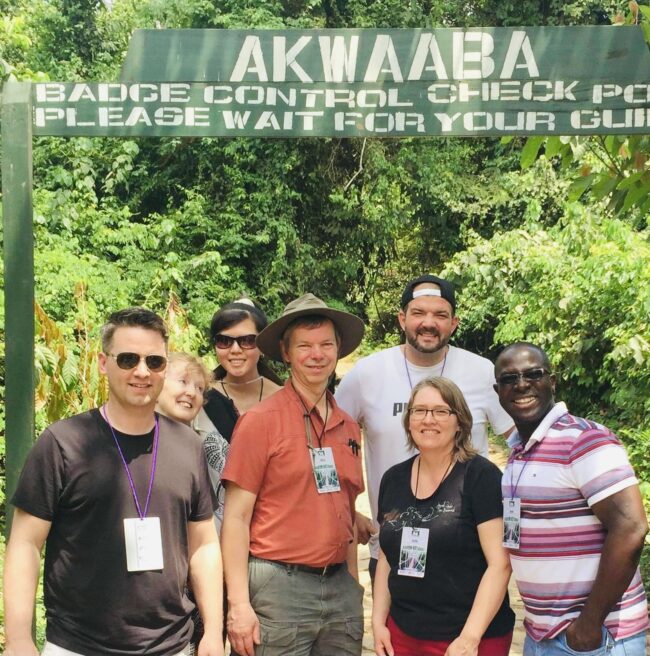
When to Leave the Dance Floor.
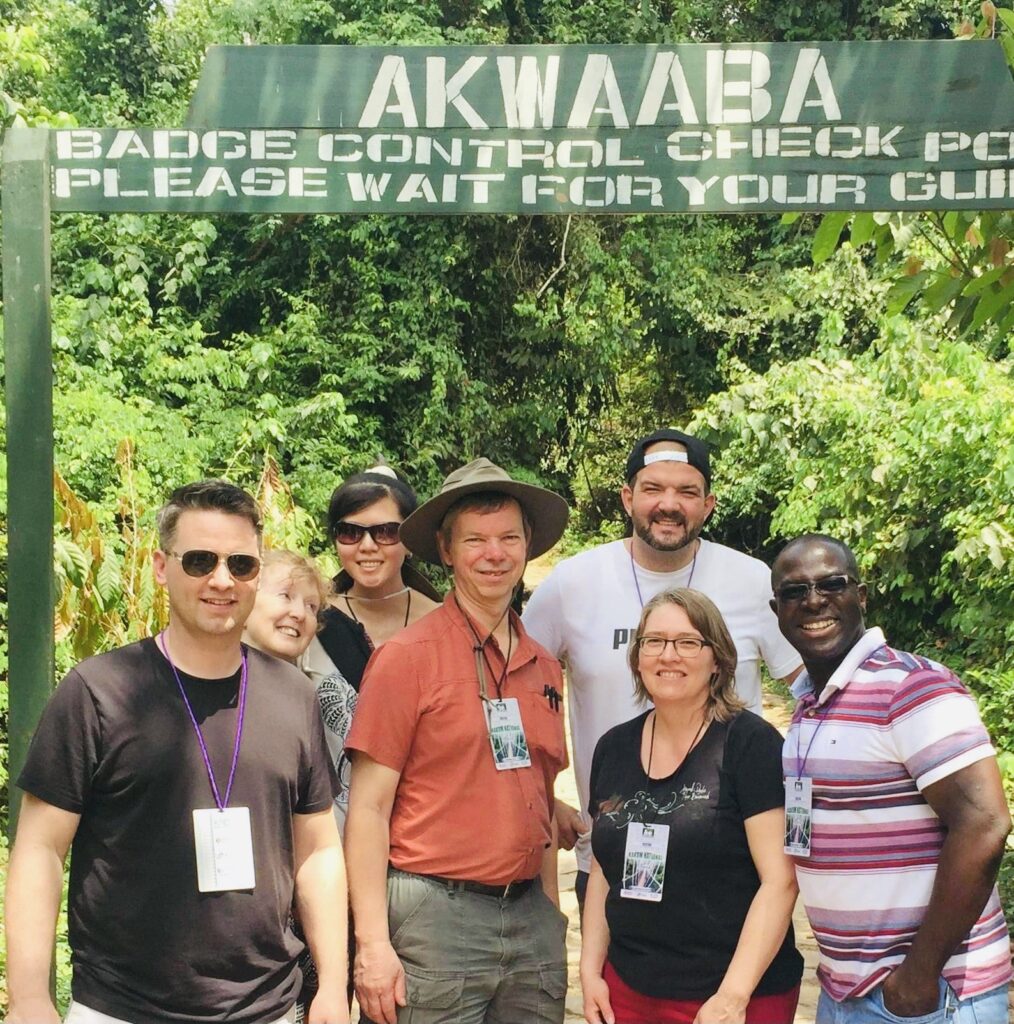
Visiting the Kakum National Park in Ghana with my senior leaders, hailing from six different cities in Canada. Fun fact: the famous canopy walk at this park was built by two Canadian engineers, assisted by a Ghanaian crew.
This month I clocked eight years as president and CEO of a strategic Canadian charity in the international education space. I was headhunted for the role and felt privileged to be the first ever black president of our almost 40 years old organization. We provide hospitality, faith exploration opportunities and leadership development for the over half a million international students in Canada to be empowered to impact the world. I’ve had the privilege of leading about 90 incredible staff across 23 cities from coast to coast–Canada is the second widest country on earth after Russia–and oh yes, we have a staff family serving in Australia too.
SO WHY ARE YOU LEAVING?
In the first couple of years under my leadership, we grew by about 70% (short of my 100% goal) in new staff and new fields, expanding into about a dozen new cities, extending coast to coast for the first time in the organization’s history. There’ve been many more exciting things that have happened, including seeing such a rich diversification of our staff to about 15 nationalities. One of my greatest joys has been to see former international students becoming leaders of our work in cities, regionally and even in senior leadership. Every quarter we chronicle story upon story of incredible impact on students/scholars by staff and volunteers and impact of our students and alumni around the world, from Australia to Zimbabwe! We’ve seen an organization little known organization gain significant recognition in the international education space in Canada and abroad. Together with the leaders and staff, we worked to move organizational health from OK to healthy to flourishing (as independently adjudged by a third party firm). When I hear of CEO versus board tussles I cringe and thank God that this has been far from my experience. I’ve had such a congenial and synergistic relationship with the board, which has rotated through four chairpersons over the period I’ve been president.
If everything is going as well as I claim, then why am I leaving? My work is done! I believe every leader has a particular purpose to a particular people in a particular place for a particular period and when your work is done, you pack up and go, leaving the place and people better than you found them. I had initially been approached for this role in late 2012 and had laughed it off, especially since I was not only running The HuD Group, which had just received charitable status in Canada, but was also doubling as interim pastor for the Montreal Chinese Alliance Grace Church. Eventually I did take the five-hour flight from Montreal to Calgary to interview with the board. When Anyele and I prayerfully decided to make some adjustments and finally accept the board’s offer, I specifically stated that I planned to do this presidency for three to five years. In fact, I ensured it was clearly spelt out in the documentation. Well, guess what? It’s been three plus five years. It’s time to go!
MUSIC AND DANCING WITH GRAPHS
It is time to leave because my particular purpose to a particular people in this particular place for this particular period is done. As a wise saying in Africa goes, you leave the dance floor while people are still enjoying your dance. What Africans say so well idiomatically, Westerners tend to express graphically. So below is a pictorial illustration of what I’m saying.
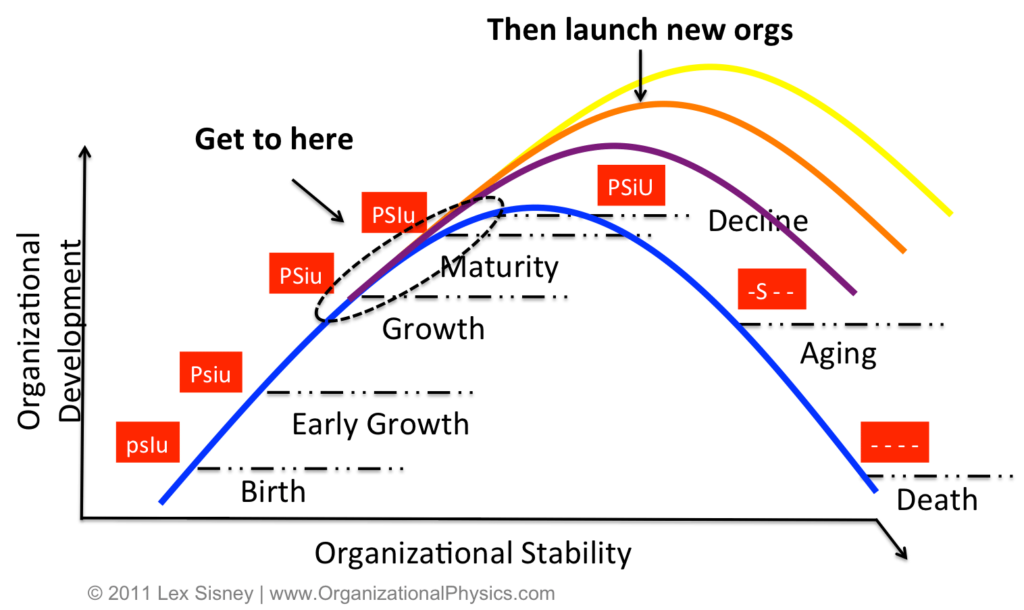
Just before the peak is when your dance is still being enjoyed. That’s when you leave the dance floor.
While the above graph refers to the life cycle of any organization per se, it is similar to the organizational leader’s cycle too. Don’t wait to peak, let alone to get into decline and eventual death. That is not great for your leadership but even worse, not good for an organization you supposedly believe in (and even love). Just before the peak is when you collaborate with the ‘DJ’ (stakeholders) to start another song i.e. launch another initiative, start a new programme, launch a new organization etc. Just before the peak is when your dance is still being enjoyed so you either start another song or gracefully leave the dance floor!
By the time one hits the peak itself, you are stretching it. Folks are beginning to get tired of your moves. After the peak, it’s all downhill, babe! And no matter how hard you dance (in spite of how very tired you might be) no one’s excited anymore. Not only have eyes started rolling all the way into the head, some may even have begun yawning by now. Bored. Yet, some leaders still don’t get it! Whether it’s because of the adrenaline rush on the dash floor or the perks of the position, they keep dancing and dancing and dancing, while they keep losing the audience until the music is over! Some even keep dancing after the music is over, dancing to the music in their heads. It’s a fight together them off the dance floor! If you don’t leave the dance floor while people are still enjoying your dance, at least leave while the music is still playing! Worst case scenario, far from ideal, leave when the music is done.
A POLITICAL CONCLUSION
Knowing when to leave the dance floor is more of an art than a science; it’s a soft thing akin to discernment and intuition. The greatest leaders like Nelson Mandela have it; they just know. When everyone was urging Madiba to do a bonafide and very welcome second term in office as South Africa’s first black president who had had a good run, he declined. “No, please.” Nelson Mandela left the dance floor while we were all not only still enjoying his dance, we were urging him on for more moves!
Knowing very well that some leaders wouldn’t have what it takes to leave the dance floor even when it’s obvious, many spheres of society have term limits on executive roles. Most political jurisdictions have a maximum of two four-year terms. As an African, I’ve been embarrassed by how many of our leaders haven’t had what it takes to gracefully leave the dance floor while we were still enjoying their dance. Mandela, unfortunately, is more of an exception than the rule. As a former United Nations peacekeeping soldier, I’ve tasted first hand the horror of the ravages of civil strife and war when leaders don’t want to leave the dance floor even after the music is over. I hate it!
I join those concerned about the “pandemic of ‘third terminism‘” in Africa, including in the West African country I served in as a U.N. Peacekeeper from June 2008 for a year and lost two of my medical colleagues to death. Oxford defines ‘third terminism’ as the phenomenon of leaders seeking to break constitutional term limits—usually set at two terms in office—to secure a third term in office. The phrase has also been used more broadly to refer to leaders who refuse to leave power. This isn’t uniquely African; it is simply human. Recently, Putin has done it in the east and in the west, Trump did not want to leave the floor when his music was over. In fact, it was Franklin D. Roosevelt’s ‘third terminism’ (he won, even a fourth!) and the popular fallout about the concept of a long-term president that led to the ratification of the 22nd amendment in 1951 that “No person shall be elected to the office of the President more than twice…”
According to the National Constitution Centre, “Franklin Roosevelt wasn’t even the first Roosevelt to seek a third term in the White House. His distant cousin, Theodore Roosevelt, ran unsuccessfully as a third-party candidate in 1912, after declining to run in 1908. President Ulysses S. Grant also sought a third term in 1880, but he lacked enough party support to get a nomination.”
George Washington, the first U.S. president, had set the two four-year terms maximum precedent in 1796 when he declined a third term. In 1799, a friend urged Washington to come out of retirement to run for a third term. But as I earlier asserted, the greatest leaders know when to leave the dance floor–and stay off! Washington’s voluntary decision to decline a third term, like Mandela’s voluntary decision to decline a second, was apparently seen by many people as a safeguard against the type of tyrannical power yielded by the British crown during the Colonial era.
In my next article, I shall share about how to leave the dance floor in grand style (some call it ‘succession management’). In the mean time, you, my friend, now know when to leave the dance floor–at best when people are still enjoying your dance; or at least, while the music is still playing!
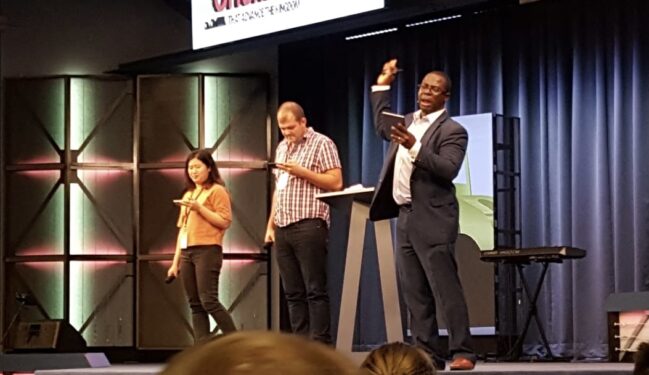
A Sure Way to Destroy Your Leadership (and Organization)

In the middle of doing a leadership development demonstration in Winnipeg, Canada with two of my favourite emerging leaders.
So the church split. I wish it hadn’t; indeed, it needn’t have. I tried to impress this upon the pastor in the centre of the brouhaha but to no avail. It did split. Why? The leader bit into the same thing that has destroyed many a leader, ancient and modern, male and female, irrespective of race, colour or socioeconomic status. Oh, and this isn’t one church split I speak of. I have witnessed quite a number–from the same root cause. Same as some landmark corporate meltdowns.
YOU WILL MESS UP
The truth is, as a leader you will mess up (you’re already messed up, anyway). The fascinating thing though is that in itself isn’t what will destroy your leadership. In fact, if that were the case, there would be no existing leadership anywhere at all because ‘all have sinned and fall short of God’s glory.’
Precisely because we’re all messed up, team members and followers (all pretty messed up too) are very willing to forgive leaders and find the best way to move on if and when these leaders recognize they’ve messed up and ‘fess up.
What people cannot stand is a leader who refuses to say, “I am wrong, I am sorry, please forgive me” when they are found or caught in some kind of mess.
MY GURU WITH A GUN
The mentor who first brought this to my attention was himself, in 2009, got caught in a situation that really threatened to derail everything he had worked hard for and stood for all six decades of his life then. What happened was that John C. Maxwell received a handgun as a gift after a speaking engagement in Birmingham, Alabama, and placed it in his carry-on luggage. Airport security-wise, it really didn’t matter much as he flew privately back home. But then he then forgot about it as he was racing to catch a commercial flight to Dallas to speak a few days later. When he put his carry-on bag on the conveyor belt, airport security found the gun and immediately arrested him. In his own words, “I was arrested, handcuffed, and taken to jail, where I was fingerprinted and photographed. Needless to say, it opened my eyes to a world I’d seen only in the movies. I was glad when I posted bail and was able to leave.”
Did John mess up? You bet. Big time. But John not only quickly ‘fessed up, he publicly shared this embarrassing story himself in self-deprecating humour to those of us who are part of his John Maxwell Team (JMT). He even titled it “Stupid is as Stupid Does.” This is how he began:
I’ve done a lot of stupid things in my life. Early in my marriage I would win arguments with my wife, Margaret, and hurt her feelings really badly. I have made business moves that lost tens of thousands of dollars at a time. And I’ve made leadership decisions that led to failures for my organizations. But up until now, none of the dumb things I’ve done has gotten me arrested.
And then JM went about writing about it in SUCCESS magazine. It is one of the stories I believe he tells in his book Sometimes You Win, Sometimes You Learn. This posture and gesture has endeared to me and many many more.
WILL YOU FESS UP?!
As a leader, the worst thing you could do when caught in a wrong is first of all to deny it. The second worst thing is to dismiss it. And thirdly (the killer blow) is to double down. To double down is to dig one’s heels in, to “strengthen one’s commitment to a particular strategy or course of action, typically one that is potentially risky.”
Some people not only double down personally but also begin the spin machine organizationally, churning out one traditional news and social media story after the other . That is a sure way to finish your leadership. Take responsibility, ‘fess up for the mess up, otherwise you double down and you’re going down.
Recently, I wrote about how authentic leadership has nothing to prove, nothing to hide and nothing to lose. When the issue of popular Christina musician Sonnie Badu’s doubtful degrees came out, what did he do? He kept defending the dubious degrees and soon deteriorated into name-calling. It was all over the internet that he had said to his ‘detractors’ that he would pay them no mind because he was a lion and that “LIONS DON’T RESPOND TO FROGS.” Frogs!
LANDING THIS PLANE
Fellow leaders, it doesn’t matter whether it was a mistake or an indiscretion or something you even knowingly did. When you confess you will receive grace. If you don’t, well, disgrace. So when you mess up, ‘fess up, get up and let’s move on. The next time you hear I’ve done something stupid (we all will have our opportunity), don’t make excuses for me or come up with a lame hashtag like #IstandbyYawPerbi. Remind me of this blog and encourage me to take response-ability to say, “I am wrong, I am sorry, please forgive me.” I won’t be a perfect leader; but I do know one sure way to lead to last.
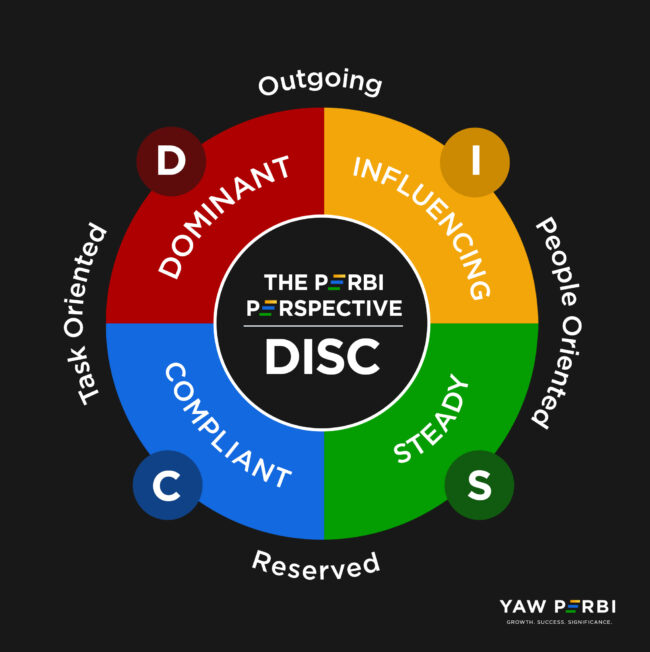
Getting DISCed is as Important as Getting Vaxxed!
It’s amazing how much most people know about subjects in our world, literally from Archaeology to Zoology, but very little or no ME-logy! In my book, Cutting a Straight Path: Leading with Self-Awareness, I ask these poignant questions:
- How can you live with yourself without knowing who you are?
- How can you be true to what you know little or nothing about: yourself?
- How can you succeed in life, self-actualize, without first becoming self-aware?
- How can you authentically lead others without first learning to know yourself?
- Have you ever felt frustrated why others are hesitant to follow your lead?
“Maybe it’s time to check yourself as a person and as a leader,” is my conclusion. Yes, it’s about time! Indeed, the Chinese have a powerful saying, “Before preparing to improve the world, first look around your own home three times.” Forget about authentic living, let alone authentic leadership, without self-awareness! So welcome to home base. Self-awareness is the starting place of all true and lasting success.
SELF-DISCOVERY THROUGH THE DISC
Self-awareness comes basically by introspection (by ourselves) and feedback (by others). Both however, are greatly enhanced by assessment tools, just like magnifying glasses help us see tiny objects and the binoculars enables us to view distant things closely and clearly. I have found the DISC as an amazing personal assessment tool that is incisive and powerful in the quest for self-awareness. Since 1972 it has been used by over 50 million people to increase self-awareness, stimulate and guide growth and thus increase chances at personal success. It is used to engender teamwork, communication and productivity in the workplace. The DISC has saved many a marriage, including mine!
DISC assessments are used in thousands of organizations around the world, from multilaterals and multinationals to government agencies and Fortune 500 companies, nonprofits and small businesses. Recently, we were privileged to serve the Centre for Disease Control Foundation in Atlanta, USA with nearly 150 of these assessments as they train medical leaders in about 30 nations of the world.
SO WHAT EXACTLY IS DISC?
DISC is an acronym that stands for the four main personality profiles described in the model: (D)ominant, (I)nfluencing, (S)teady and (C)ompliant.
People with D personalities tend to be confident and place an emphasis on accomplishing bottom-line results.
People with i personalities tend to be more open and place an emphasis on relationships and influencing or persuading others.
People with S personalities tend to be dependable and place the emphasis on cooperation and sincerity.
People with C personalities tend to place the emphasis on quality, accuracy, expertise, and competency.
The DISC system we use at YAW PERBI in partnership with People Keys generates 41 personality blends from these basic four, just like many colours of the world are generated through the three primary colours. There’s one I used to coach international students in Canada that was limited to 28 personality blends. What we use now is like the difference between a regular car and a four-wheel drive. As they like to say at People Keys, “people are different, true, but they are predictably different.”
CONVICTION, VISION & MISSION
Our conviction at YAW PERBI is that since every true and lasting success begins with self-awareness, then everyone must have easy and affordable access to self-DISCovery! ACCESS FOR SUCCESS, please! Everyone has a right to self-awareness. We need a DISC Revolution!
Our vision is to see a world of awareness through every individual’s self-DISCovery. We are on a mission to democratize the DISC personality/behavioral assessment until no one is left in the dark. We want to recalibrate all leadership development to begin with self-awareness at the core through the Perbi Perspective DISC is a great start.
CHIEF CORNERSTONE FOR THE CHIEF-LEVEL LEADER
When you read my article on how I build leaders differently now (compared to 10-15 years ago), you will understand my seriousness about this issue of recalibrating all leadership development to begin with self-awareness. People have big, fat leadership books and terabytes of leadership materials and yet have next to zero knowledge of themselves. What sense is there in that? I was telling a certain Christian leader the other day that he can forget the list of a dozen books people typically ask me to recommend for leadership training and development. The only two books his emerging leaders need to learn almost everything they need to know about leadership are a self-awareness printout of their DISC assessment and the Scriptures. Every other book is garnishing.
In all the major success paradigms, praxes and paths—from Emotional Intelligence to Authentic Leadership—self-awareness is first base, the chief cornerstone. I increasingly get alarmed when I encounter C-level executives, both in the public and private sector, who have never taken a personality assessment like the DISC!
STRATEGY AND HOPE
Some say hope is not a strategy but I beg to differ. (I’ll leave that argument for another day, another blog). I have hope that together we can strategically exponentially multiply impact through an army of Accredited DISC Coaches and Certified Behavioural Consultants while significantly creating thriving businesses and income for all! Just like our governments wish to get everyone vaccinated, we at YAW PERBI desire to get everyone DISCed! The former may be controversial to some, but you had better not second guess the latter. Everyone has a right to self-awareness to grow and succeed. Would-be authentic leaders really have no choice in this primary matter. We need a DISC Revolution!
P.S.
If you want to join the DISC Revolution by becoming an Accredited DISC Coach or a Certified Behavioral Consultant click here. Anyone who wants to get DISCed personally may start here.

Family Foundations No One Lays Yet Everyone Needs
One of the most stupid things I’ve ever done is to travel 10 whole years into marriage before ever seeking formal post-marital counselling. After the several pre-marital sessions lasting many months in 2006, Anyele and I went in the power of that for a decade until we felt we needed further formal, external help. Why on earth did we do that?
Come to think of it, every 5,000 km or so we were changing the oil in our car and getting it serviced yet not so with our marriage. Doesn’t every marriage need regular marriage maintenance? Why wait till we’re sick before we see a doctor when we can at least do annual check-ups? In fact, I would say we came from a culture where seeing a counsellor connoted there was a pathology; and not so much a maintenance thing.
Friends, I’ve had several conversions since August 12, 2006 that have better aligned and further fortified what I thought were already ‘excellent foundations.’ Sometimes there’ve even been foundational cracks I’ve had to fix (and God knows I’m not done). For time to time I’ve come across new information that has caused me to repent, have a change of mind, and realign our foundations to keep this family building strong and lasting.
EXAMPLES OF FAMILY FOUNDATIONS TO REVISIT
Feel free to say “shame on you Yaw” but I had never heard of a family genogram until barely five years ago! How could such an important tool and exercise not have been part of our foundations when we set out a decade-and-a-half ago? And if you’re asking “what the heck is that?”, then trust me, you don’t even know you need one until you eventually discover it. Afterwards you would wonder how in the world your family had been surviving without one. I say ‘surviving’ because you will then notice that what you thought was ‘thriving’ wasn’t quite so.
Then there are basic tools for connecting with spouse and children on a deep emotional level we only received in the last five years. We learnt the 10/10 from the Pellmans and Temperature Reading from the Scazzeros. “Love your wife,” yes I want to. “Respect your husband,” yes she wants to. But how? The Kraemers also gave us tools for this.
And all this is for a good-looking couple who had a pretty solid family heritage, coming from a few generations of good Christian homes, being smart, leaders of our church youth fellowship who had lived virtuously and gotten married as virgins. We even themed our wedding “a celebration of purpose, passion and purity.” Alas! We who ‘had it all’ have realized there are family foundations everyone needs yet almost no one lays. The very marriage mentors who have been blessing us with these paradigms, praxes and practical tools are passionate about their ministry of marriage mentorship today precisely because they themselves didn’t have these when they were our age!
Family is a BIG deal. It is the basic unit of society, just like the cell is for all biological life and the atom is for all matter. Yet the thing about family foundations is this: just like finances, very little about how to make it work well is taught in school about it. If one isn’t fortunate to have a spiritual community that provides quality family life information and formation, you’re in a hard place. There are many divorces that are preventable, if the foundations could be reconfigured. There are some we’ve been able to help save by God’s grace; and others… well… too bad, too late.
THE MOST IMPORTANT PART
Few will argue against the assertion that the most important part of a building, or anything else that is built for that matter, say a marriage, is its foundation. A ton of things have been said about foundations. Gordon B. Hinckley asserts, “You can’t build a great building on a weak foundation. You must have a solid foundation if you’re going to have a strong superstructure.” Adding his voice, David Allan Coe says, “It is not the beauty of a building you should look at; its the construction of the foundation that will stand the test of time.” The greatest teacher of all time, Jesus Christ, classifies life builders into two categories, wise and foolish, purely based on thee foundations they lay: the foolish build on sand, the wise build on rock.
My beloved mentor Peter Scazzero talks about foundations a lot in the Emotionally Healthy Leadership paradigms he teaches. And no wonder, since like the typical New Yorker he is, Pete is ever so familiar with the skycraping towers of Manhattan. This is how he explains the importance of digging deep foundations if we are to build life’s tall towers of significance:
Manhattan consists almost entirely of bare granite, a very hard and strong type of rock. To carry the weight of a 75 or 100 story skyscraper, foundations known as “piles” are used. These are concrete or steel columns hammered into the ground with a massive crane until they penetrate solid rock.
Some pilings go twenty-five stories under the ground. The heavy weight of the skyscraper is then distributed through each of the deep “piles” in the ground below. Together they are capable of supporting the structure’s enormous weight.
If the pilings are drilled in poorly, cracks eventually appear in the structure. Entire buildings may lean. Then they must be torn down or lifted completely so the piles can be reset – a costly and time-consuming process.
FAMILY FOUNDATIONS MASTERMIND
As you might be aware from a previous blog, “a mastermind group (often shortened to just ‘masterminds’) is a peer-to-peer mentoring group used to help members learn together, solve problems, birth new ideas and gain clarity with input and advice from the other group members.” For eight weekly sessions, from April 4 to May 30, I shall be walking along with a dozen leaders who want to re-examine their family foundations and receive new paradigms, praxes and practical tools to finally fix faulty family foundations. Inputs will include several book chapters, videos, articles, practical exercises, discussions and debates. Two special features and benefits will be FREE membership of an online chest of over 20,000 resources and a FREE DISC Personality assessment with a 37-age customized report!
You can be sure that “mastermind groups are great in holding each other accountable for the goals and outcomes each member comes up with themselves” (see here). Outcomes and outputs of this particular Family Foundations Mastermind are as follows:
- Paradigm Shift on the Prime Place of Family
- Ancient Wisdom Applied
- Current Family Systems Theories Tested
- Practical Relationship Tools (for emotional connection, communication, forgiveness)
- Family Genogram
- Behavioural Assessment
- Emotional Needs List & Action Points
- Family Mission Statement
- Hierarchy of Priorities Configuration
- Integrated Life Exploration & Commitment
Register here and let’s go back to basics. Let’s finally fix faulty family foundations that everyone needs to but hardly anyone does.

Work harder on yourself than you do on your job.
Over the last week, somehow this notion of needing to work harder on yourself than you do on your job has come up with two or three different coaching clients. For the CEO of a crucial agro business firm in West Africa, the financial services entrepreneur in Canada and the PhD-wielding academic on the east coast of the United States, the three reasons I’m about to share held true. It is true for you too.
For the record, I work hard and believe in hard work. I also work smart and absolutely promote the idea of brain over brawn anyway. Over a decade ago I came up with the phrase, “brain power pays; muscle power pains.” I subscribe to the Pauline exhortation that “whatever you do, work at it with all your heart, as working for the Lord and not for man.” So by all means, work hard and smart on your job, but work even harder and smarter on yourself.
Here are three reasons why:
1. WHO YOU ARE IS MORE IMPORTANT THAN WHAT YOU DO
No matter how hard or smart you work, the instrument for the doing the do is you. If the input into you doesn’t match or exceed the output, that will soon be your undoing. Let me put it in a way one of my staff in British Columbia said it to me a few years ago: “If your output exceeds your input, then your upkeep will be your downfall.” Classic! Not only will you soon not be effective and efficient when your self input is less than your job output, it is unsustainable and you might end up becoming irrelevant. And sometimes, irrelevant not just in terms of knowledge and skills for a context that has progressed because you’re not healthy or even physically alive anymore–you killed the goose that lays the golden eggs!
Consider these sagacious words of educator Palmer Parker:
“When I give something I do not possess, I give a false and dangerous gift, a gift that looks like love but is, in reality, loveless—a gift given more from my need to prove myself than from the other’s need to be cared for…. One sign that I am violating my own nature in the name of nobility is a condition called burnout. Though usually regarded as the result of trying to give too much, burnout in my experience results from trying to give what I do not possess—the ultimate in giving too little! Burnout is a state of emptiness, to be sure, but it does not result from giving all I have; it merely reveals the nothingness from which I was trying to give in the first place.”
Remember, who we are is more important that what you do, because we do whatever we do out of who we are: our identity, character, values.
2. ONE MEANS A LIVING, THE OTHER MEANS A FORTUNE
Classic motivational speaker of blessed memory, Jim Rohn, poignantly put this in a way like nobody else has: “Learn to work harder on yourself than you do on your job. If you work hard on your job you can make a living, but if you work hard on yourself you’ll make a fortune.” This statement, I believe, is a variation of timely advice Jim himself received from his mentor J. Earl Schoaf. Jim had heard him give the reason for why the job only pays the bills but the latter ends in billions: work harder on yourself than you do on your job; your income is directly related to your philosophy, not the economy; and for things to change, you must change.
From a one-year college drop out living from pay check to pay check as a stock clerk at Sears, this advice catalyzed a five-year mentorship of Rohn by Shoaff, encouraging him to develop himself and pursue his dream of a better life such that by age thirty one, Rohn was a millionaire! It was a really sad day when this motivator of motivators like Anthony Robbins, Less Brown, Brian Tracy and Denis Waitley, passed away in December 2009.
Friend, work harder on yourself–from your paradigms through your attitudes to your skills. It’s the software that you carry and apply to a variety of endeavours, not only your job, that will unlock abundant wealth and well-being.
3. JOBS COME AND GO BUT YOU’LL STILL BE HERE
Sometimes people leave jobs; other times jobs leave people. In the kind of post-pandemic economies we have now, more jobs leave people than people leave jobs. Certain whole industries have been wiped out, for crying out loud! I’ve marvelled at how many pilots have been literally grounded and have had to find some other kind of livelihood. What if all you did was work hard on your job and never grew your other interests, talents and skills or even never networked beyond the ‘boys club’ in your profession?
When many years ago I decided to take the path of the risk of entrepreneurship rather than the ‘security’ of a regular paid job, some people who thought I was crazy later found out they had been crazy to think ‘owning a job’ was better than owning a business when in spite of their qualifications, loyalties and skills their jobs were cut. Former Microsoft COO, Kevin Turner, said it best: “The only job security we have is our individual commitment to personal development.” Your job today may not be there tomorrow–in fact your entire industry might not be there–but you will. Work harder on yourself than you do on your job forwhen tomorrow comes, your preparation will meet opportunity. That’s what they call success.
QUICK PRESCRIPTION
Do the following to ensure you are working hard on yourself for your personal growth and development: set aside a time for YOU, a ME time, everyday. Mine is 5-6am everyday during which I read my personal mission statement, review my goals, read for at least 15 minutes and express my thoughts and feelings in writing.
For all the coachees I mentioned at the beginning of this blog, each was working super hard at their jobs. It is my job to ensure that while they do that, they strive towards working even harder on themselves than they do on their jobs. There’s no great future for anyone without that.

Black History Month | Africa Leads the World
There is no talk of Black History without faith, especially the Christian faith. PBS recently released a fascinating Henry Louis Gates Jr. documentary on the Black Church. What some dubious people tried to oppress and suppress black people with became the very thing that liberated us and is now giving us a global leading edge.

Send Africa is an evolving missions network whose DNA and launch YAW PERBI is privileged to help shape and midwife
Africa is the most Christian continent in the world today. The year 2018 was the first in history where there were more Christians in Africa than on any other continent in the entire world! (Johnson 2018) THIS IS A BIG DEAL!—this is a one-thousand year record held by Europe that has been broken by Africa in our lifetime. That makes me super excited about Black History Month this year because history is being made right now. As you read this, a number of continental Africans and those of African descent in the diaspora have synergized to birth a new network known as Send Africa to promote further faith formation among ‘unreached people groups’ around the world.
At the formal launch of this Send Africa Network online on February 24-25 during this 2021 Black History Month, my Kenyan friend, Sam Ngugi, and I will be launching a ground-breaking book entitled Africa to the Rest to celebrate this huge feat of Africa becoming a leading global force of faith to the rest of the world. This book is to “celebrate this momentous occasion in world history that has been inadequately highlighted by mainstream missions and missions. It traces some of God’s goodness to Africa in the Bible and throughout history until now to make clear that Africa and Africans have been central to God’s missional purposes; not an afterthought.” You may register for the Send Africa Summit here.
CAPTURED & DISTORTED HISTORY
Of course Africa features in the Bible from start to finish. There were actually two black guys (among the five) that played hands on the apostle Paul and commissioned him on his missionary journeys (Acts 13). Africa is the cradle of monasteries and ecumenicsm. The term Trinity came from Tertullian the Tunisian. St. Augustine was from Algeria, and not a European as we were made to believe growing up in Africa.
As Sam and I state in our book, “People consider Christianity as the white man’s religion to oppress the African due to the last 500 years of Euro-American missionary activity mixed with colonialism without realizing that the first 500 years A.D., Africa was so synonymous with Christianity that one of the most common terms for Christians in Arabic sources is afariqa–indicating a significant degree to which “Christian” and “African” were synonymous concepts (Merrills 2004, 303).”
In fact, the subtitle of our book is “from mission field to mission force (again)“ because Africa(ns) as a mission force first impacted Europe with the Gospel! That notion that Africa first evangelized Europe is the essence of Thomas Oden’s book titled How Africa Shaped the European Mind. “My core hypothesis,” Oden himself says, “is that much intellectual history flowed south to north: from Mumidia to Sicily to France and Italy. It flowed from the Nile to the Euphrates and the Danube. It flowed from Pelusium to Gaza to Cappadocia. …There is ample evidence available that the seeds of African orthodoxy have been lifted by high winds to distant northern climes. Only much later have they returned to Africa in a Western guise.”
Only a century ago, at a world missionary conference in Edinburgh, not only was there no continental African there as a delegate, we were described as “heathen” in need of being saved. Today there are more Anglicans in Kenya than in England. At the time, the continent had 9 million Christians while Europe was home to 406 million. Today, Africa has over 630 million Christians, a clear 30 million more than Latin America in second place with Europe in third place with 571 million Christians. And it’s not a nine-day wonder, for by 2050 (Deo volente), there will likely be more Christians in Africa (1.25 billion) than in the next two continents combined! (Johnson 2018)
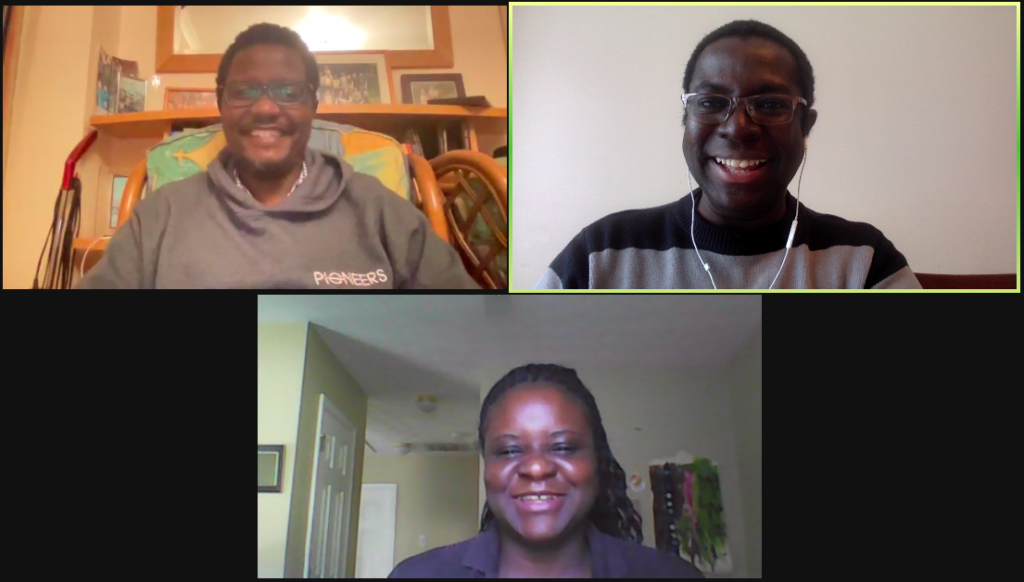
The all black ‘Africa to the Rest’ team of two writers and an editor on a Zoom call from Canada, the USA and England
UNDENIABLE PRESENT
It is good to know that Africa leads the world in something. There are churches that began in Africa and are in 198 countries now. The largest congregations in Europe are pastored by Africans, like Sunday Adelaja’s in Kieve, Ukraine. The most multinational congregation in the world—108 nationalities—was founded by and pastored by my good friend and mentor in Vancouver, Canada, Dr. Sam Owusu. I could give you a list of about 10 global mission organizations–including the Navigators, SIM, Langham Partners and SIL–currently led by Africans!
Why is all this important? For many reasons but three will suffice for now. First, black people have been part and parcel, even central, to the purpose and mission of God unlike others have tried to make us think. We are equally made in the image and likeness of God as anyone else. We ought to rejoice and while not bragging about ourselves, ‘make our boast in the LORD.’
Secondly, the Christian faith is authentically African. As one scholar put it, Christianity is a beggar looking for clothes in whatever culture it goes into. The fact that it was captured by Europeans and Americans and tailored as a tool of oppression of blacks in slavery, colonialism etc. is simply not right (not the authentic Christian faith) and doesn’t make the faith the preserve of the white man either.
Finally, the business world and other sectors in Africa that are trying to make a mark on the world stage could learn a thing or two from the African Church that leads the world in faith today, hands down.
THE FUTURE HAS COME
I come from a long and rich family history of black (hi)story tellers. My grandfather was an emeritus professor of ethnomusicology and my mother is a professor of history with a specialization in the slave trade. I feel privileged to take my turn to tell stories of African leadership, and in this particular case, leadership in faith, church and missiology.
The assassinated Congolese nationalist leader, luminary and first Prime Minister of the Democratic Republic of Congo, Patrice Lumumba, must be smiling in his grave that the day he prophesied is here: “The day will come when history will speak. But it will not be the history which will be taught in Brussels, Paris, Washington or the United Nations… Africa will write its own history and in both north and south it will be a history of glory and dignity.” The day has come!
For those of no faith and saying to themselves “who cares if Africa is the most Christian continent?” because we’re yet to see it tell on our socioeconomic indicators or the millennium development goals, just you wait. Works soon follow faith. Unless it’s not true faith; because faith without works is dead.
References
Johnson, Todd M., Gina A. Zurlo, Albert W. Hickman, and Peter F. Crossing. “Christianity 2018: More African Christians and Counting Martyrs.” International Bulletin of Mission Research 42, no. 1 (January 2018): 20. doi:10.1177/2396939317739833.
Merrills, A. (Ed.). (2004). Vandals, Romans and Berbers: New Perspectives on Late Antique North Africa (1st ed.). Routledge, 303. https://doi.org/10.4324/9781315235127
Oden, Thomas. 2007. How Africa Shaped the European Mind, Downers Grove: InterVarsity Press, p.71.
Perbi, Yaw & Sam Ngugi. 2021. Africa to the Rest: from mission field to mission force (again). Forthcoming. Xulon Press.
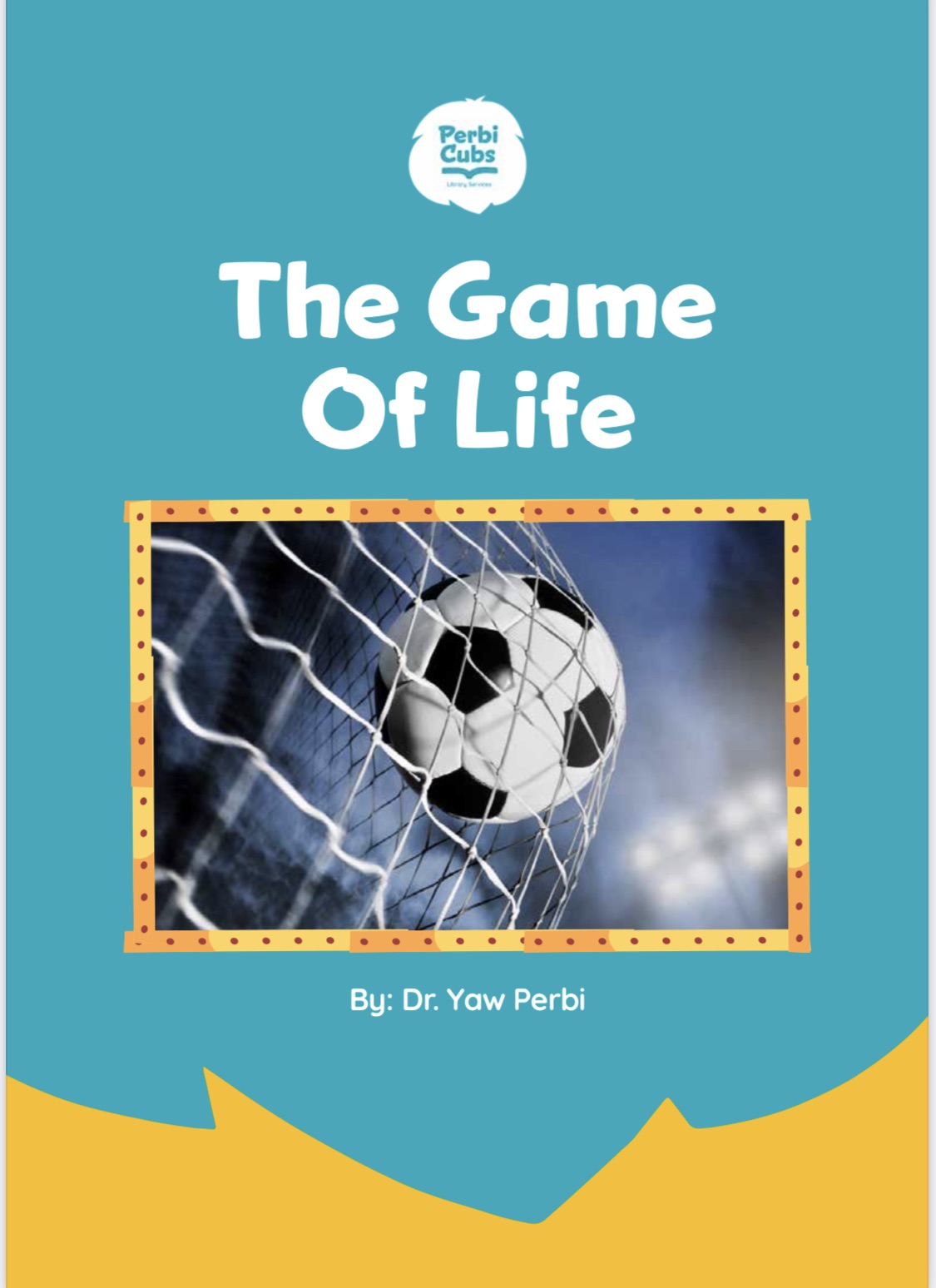
Life is Like Football | There’s No Winning Without Goals
The content of this blog was first published for patrons of Perbi Cubs Library Services. I feel compelled to largely reproduce it here (with tweaks) because of the alarming rate at which adults (including parents of these cubs) are feeling jaded by goal-setting. Perhaps like the greatest teacher who ever lived put it, our attitude should be like children in order to best learn.

Front cover of original book for Perbi Cubs
“GOOOOOAL!!!” It is not uncommon to hear the whole city or town where you live roar “GOOOOOAL!!!” This is when the favourite local or national football team scores a goal. Sometimes the whole city is dead silent, like a cemetary, because people are anxiously watching the game at the stadium or on television. Some even combine listening to radio commentary with watching television pictures at home! There are barely cars on the road or people in the street. You would think it is a ghost town if you were a visitor passing through until all over a sudden you are jolted by the loud roar “GOOOOOAL!!!”
There will be no point of the game of football without goals. And that is why there are goal posts with a net to capture the ball. The way to get ahead in the game is not all the activities of passing the ball, dribbling, somersaulting or even striking the ball hard and strong but getting the ball into the opponent’s goal posts. The goal of football is to win by scoring goals. Otherwise, all the activity does not mean any accomplishment!
And it doesn’t matter if you are not a football fan. The principle is the same, whatever your favourite game or sport is. Is it basketball, tennis, or swimming? What is the point of the game or sport? How do you keep score? Is there any way to determine who won without keeping score?
LIFE IS LIKE FOOTBALL
It is hard to imagine a game without goals yet many people play the game of life without any goals. No matter how important games or sports are, they are not as important as life itself. So if even football has goals to win how much more should we set goals in life to win at the game of life! And using the notion that Covid-19 derailed much of our goal-setting in 2020 so setting goals is of no use anymore is as ridiculous as saying because a certain football match was rained off (or postponed because there was an earthquake) there should be no more football in future. You must’ve heard before that extreme cases make bad laws.
You may also have heard it before that “if you fail to plan, you plan to fail.” There is nobody I know who plans to fail in life but if they fail to plan, they are automatically planning to fail. You may be very busy in life or working very hard but remember, activity does not mean accomplishment. And without goals, you cannot measure accomplishment.
WHAT A GOAL IS AND HOW WE FAIL
A goal is an aim; an end. A goal is the result to which your activities or effort is directed because activity is not necessarily synonymous with productivity. In a game like football, the goal is physical and obvious. In life, one has to be more intentional about what goals are. Mentor Maxwell calls a certain principle the Law of the Rubber Band: “growth stops when you lose the tension between where you are and where you could be.” So we all need stretch goals! For goals to grow you,“a goal should scare you a little, and excite you a lot,” says Joe Vitale. It is quite the art trying to gauge the best tension because either extreme–too easy or too hard a goal–and we loose the tension in our life’s rubber band (so-to-speak). We’re either too lose and useless or too taught and snap–useless too. We hit nothing when we don’t get the tension right. The goal should stretch but not break us. More about this in my next blog.
The other thing I’ve learnt recently is the best chance of meeting a goal is to set it in line with your personality type (take the DISC personality assessment now if you haven’t). While the high I (sanguine) might be motivated by making a game of goal-setting and rewarding themselves to hit their goals if the high D (choleric) finds a goal whose accomplishments puts her “in charge” (they love control) she will breeze through hers!
IN WHICH AREAS SHOULD WE SET GOALS?
We should set goals in every area of our lives. If we do then we can have all-round success. The greatest leader who ever lived, Jesus Christ, lived a holistically successful life in part because as a little boy, “Jesus grew in wisdom and stature, and in favor with God and man” (Luke 2:52). So we too must set goals in:
-“wisdom” (mental goals)
-“stature” (physical goals)
-“favour” with God (spiritual goals)
-“favour” with man (social goals).
Mental (academic) goals: These are learning goals. A good example of a mental goal may be to pursue a Master’s in business this year .
Physical goals: These are health and wealth goals. A good example of a physical goal may be to eat a fruit everyday this year or to exercise 30 minutes a day at least thrice every week.
Spiritual goals: These have to do with your relationship with God. A good example of a spiritual goal may be to read your Bible and pray everyday.
Social goals: These are about relating to people. A good example could be to institute date nights with your spouse or check on your ageing parents each week.
GOALS MUST BE S.M.A.R.T.
Can you imagine if the goal posts in a game of football weren’t clear? Can you imagine if they could be anywhere on the park at anytime? Also can you imagine if you had no idea how much time you had in the game to score goals and win? Just when you think you have 30 minutes the whistle goes to your surprise within two minutes?
In the same way, the more detailed and sure the goals you set in life are, the better. For us to be able to hit our goals in life, these goals must be S.M.A.R.T. This means they goals should be:
–SPECIFIC: Don’t just set a physical goal like “I want to be healthy.” Be specific by saying, “I will eat fruits to be healthy.”
–MEASURABLE: How many fruits? A bunch of bananas or a dozen oranges? So to make the goal measurable say, “I will eat a bunch of bananas or two dozen oranges to be healthy.”
–ATTAINABLE: The goal should be something you can accomplish. It must be reasonable and realistic. Eating a whole bunch of bananas or two dozen oranges everyday isn’t reasonable. To make your goal attainable, say, for example, “I will eat one banana or one orange to be healthy.”
–RELEVANT: No one should set goals that do not add value to their lives. So ask yourself if this goal adds real value to your life. Is it relevant to be healthy by eating a banana or orange? Yes indeed! This one is a no brainer.
–TIME-BOUND: You must determine if this goal is daily, weekly, monthly, yearly, in five year’s time etc. So to complete making your physical goal Time-bound, you could say, “This year, I will eat one banana or one orange everyday to be healthy.”
LET’S GO LET’S GO!
So! Life is like football. In order to win, you’ve got to have clear goal posts and score goals! Set your goal posts now by setting S.M.A.R.T. goals for the year, quarter, month, week and even today. Score your goals and win in life. That’s the path to success. And yes, you are free to also roar “GOOOOOAL!!!” when you hit your goals too. “GOOOOOAL!!!” Life is like football. You’ve got to have goals to win it.
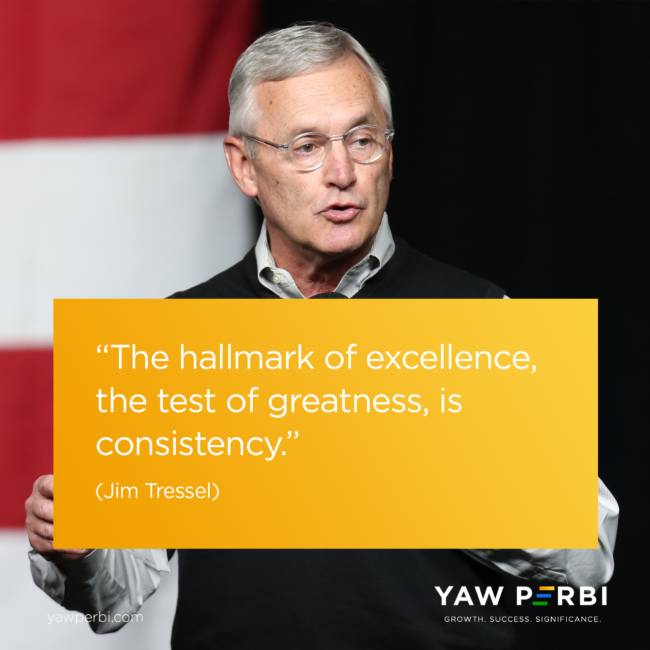
Successful People are Boring
In my late teens when I was introduced to the whole area of personal growth and success I started practising a number of things successful people do without necessarily knowing why. One of them was that they always took their receipts upon purchases. That became an adopted habit for about 10 years before I really got to understand why (that will be for a different day and blog).
One other thing that really fascinated me was the notion that successful people are predictable, consistent; or if you like, plain boring. This was not only in the sense of living a principle-centred life and holding unswervingly to their values but that they had fixed routines. You could literally ‘time them’ and ‘assassinate’ them because it was predictable where they would be, when, and what they would be doing literally every day of the week. That’s precisely what I mean by “successful people are boring.” Same. Same. Same. Same.
So I began to adopt strict routine in many areas of my life including consistently waking up at 4am to spend time in scripture and prayer, thinking, reading and writing. And I have done that consistently for over 25 years now. By the time the rest of the world wakes up and gets going, I would’ve had a 2-3 hour headstart and been über productive.
But now I understand why that consistency breeds success. This is in line with a number of fundamental, universal truths, three of which I would like to share here.
1. RIDING THE LAW OF CONSISTENCY
The Law of Consistency, which leads to growth and success states, “Motivation gets you going; discipline keeps you growing.” Anyone who gets a spark of inspiration or motivation overcomes the law of inertia momentarily but really how long does it last? I heard someone complaining about how transient the umph one gets from motivational talks is. A seasoned motivational speaker responded, rather tongue-in-cheek, “Of course! So are breakfast, lunch and supper!” Like meals, morsels of motivation also need to be taken in reasonable doses several times a day (and in a week) to jumpstart us but what really keeps the wheel of success turning always is discipline. Discipline is doing what we need to do even when we don’t feel like it. And that is the difference between those who succeed and those who don’t. E.M. Gray was spot on: “The successful person has the habit of doing the things that failures don’t like to do. The successful person doesn’t like to do them either, but his dislike is subordinated to the strength of his purpose.”
Disciple is hard; but what makes it more bearable is having a strong WHY, a strong end in mind. The other thing that makes it more doable is discovering your personality (eg. through the DISC behavioural assessment) and linking how you’re wired (what motivates you naturally) with the act you need/want to be consistent with. So for me, being a high D and loving to be in control, I’m greatly motivated to take charge of my morning knowing fully well that no one would be up to disturb me and I can get stuff I want to do done. You’ve got to a find a way, man, for success lies in our daily routine.
“We are what we repeatedly do. Excellence, then, is not an act, but a habit” is famously attributed to Aristotle. What he actually (originally) said was, “As it is not one swallow or a fine day that makes a spring, so it is not one day or a short time that makes a man blessed and happy.” The essence of both statements is the same. John Maxwell pulls no punches here: “You will never change your life until you change something you do daily.” What are you like E-V-E-R-Y-D-A-Y; what do you do E-V-E-R-Y-D-A-Y?
2. RIDING THE LAW OF MOMENTUM
People who are consistent with routine don’t waste precious time and energy figuring out every single day what to do with themselves. If you don’t have a menu, for example (my household does), you know by now how much time and energy can be consumed just by the question: what am I going to eat this afternoon? I have spent an hour on that useless exercise before!
Just like Newton’s first law of motion states, every object will remain at rest or in uniform motion in a straight line unless compelled to change its state by the action of an external force. What is true in Physics–and we tend to appreciate physical laws much more than the unseen laws of life–is the very thing that makes habits so powerful! “Once you pop, you can’t stop” says the Pringles advert. Success can become a habit; so can failure. In fact, Vince Lombardi once said, “once you learn to quit it becomes a habit.” Let the Law of Momentum
When John Maxwell launched 15 Invaluable Laws of Growth in Atlanta, I was there in person. A privileged few joined him for an intimate lunch session. I couldn’t believe the degree of his consistency when talked about his “daily five.” He said, “Everyday I read, I write, I think, I ask questions, I file.”
“Everyday, John?” we asked?
“EVERYDAY,” he responded.
On your birthday, John?
“EVERYDAY,” was his reply.
“On Christmas Day to0, sir?”
“EVERYDAY.”
3. HOW GENIUSES ARE MADE
It was my fellow Canadian, Malcom Gladwell, who first brought to my attention in his book Outliers, that 10,000 hours of practice of any skill makes one a genius. Most people, he said, would’ve done 10,000 of practice within 10 years. During an ongoing Growth Mastermind I was almost envious of the surgeon among us who says everyday he operates; e-v-e-r-y-d-a-y. Imagine his success in 10 years’ time when because of this consistency he has such gained ingenuity! What worthy thing are you doing everyday? Until you’ve done it consistently for 10 years, don’t give up on success just yet.
CONCLUSION
Something you are doing EVERYDAY is determining your future. Conversely, something you are not doing EVERYDAY is determining your future also. More often than not, motivation is overrated. Motivation gets you going but discipline keeps you going, keeps you growing. What will you say is your single most consistent practice (everyday) that has brought you where you are in life today? Please share.

